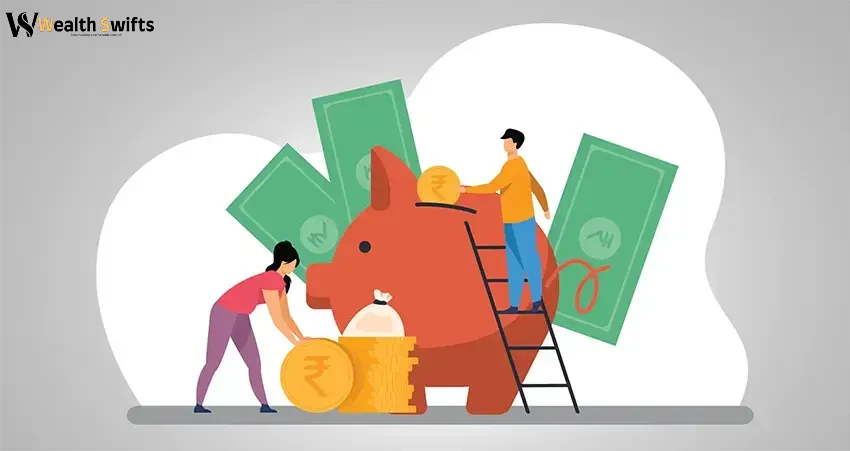Personal Finance Quiz Answer – Get the Correct Answer
Put your knowledge of finance to the test with this quiz in multiple-choice format! Take the time to read each question thoroughly, and then get the correct answer below it.
If you are a teacher, please visit the educational tool named ReadyAssessments which is provided by CEE. Here, you will have access to ready-made economics and personal finance quizzes that are designed for students in grades K-12. In addition to being free, it is easy to use.
Personal Finance Quiz Answer:
When deciding which of the two items to purchase, one should always:
- Choose the item that costs less.
- Choose the item with the greatest benefits.
- Choose an item after comparing the costs and benefits of both items.
- Don’t know.
Answer: Choose an item after comparing the costs and benefits of both items.
Pat and Chris have identical interest-bearing bank accounts that pay them $15 interest per year. Pat leaves the $15 in the account each year, while Chris takes the $15 home to a jar and never spends any of it. After five years, who has more money?
- Pat
- Chris
- They both have the same amount.
- Don’t know.
Answer: Pat. (Because Pat’s interest compounds while Chris’s does not.)
Which of the following is the primary function of insurance?
- Making risk disappear.
- Pooling and sharing risk among the insured.
- Making someone else pay for an accident or loss.
- Don’t know.
Answer: Pooling and sharing risk among the insured.
Which of the following has historically had the highest rate of return over long periods of time?
- Bank savings accounts.
- Bonds
- Stocks
- Don’t know.
Answer: Stocks.
Which of the following would be expected to hold its value best during a time of inflation?
- A certificate of deposit.
- A corporate bond.
- A house.
- Don’t know.
Answer: A House
What is a budget?
- A spending plan showing sources and uses of income.
- A limit on spending that cannot be exceeded.
- The amount of money that a credit card will let you charge without penalties.
- Don’t know.
Answer: A spending plan showing sources and uses of income.
Which of the following would hurt your credit score?
- Closing a long-held credit card account.
- Paying off student loan debt.
- Getting married.
- Don’t know.
Answer: Closing a long-held credit card account.
Which of the following loans is most likely to be classified as “predatory”?
- A high interest rate on a store credit card.
- A cash-back home loan with a higher interest rate taken out after a high-pressure sales pitch.
- A variable interest rate home mortgage that could rise 5 percentage points with inflation.
- Don’t know.
Answer: A cash-back home loan with a higher interest rate taken out after a high-pressure sales pitch.
Which of the following strategies has shown the highest return over a period of years?
- Moving frequently in and out of the stock market to avoid downturns and exploit upturns.
- Avoiding stocks entirely by keeping money in federally insured bank accounts.
- Buying and holding onto a varied set of stocks, ignoring short-run fluctuations.
- Don’t know.
Answer: Buying and holding onto a varied set of stocks, ignoring short-run fluctuations.
According to car experts, which of the following ordinarily provides the best value in automobile ownership?
- Always buying a new car and driving it only a few years.
- Buying a relatively new used car and driving it for a long time.
- Buying the cheapest used car available.
- Don’t know.
Answer: Buying a relatively new used car and driving it for a long time.

1 thought on “Personal Finance Quiz Answer”